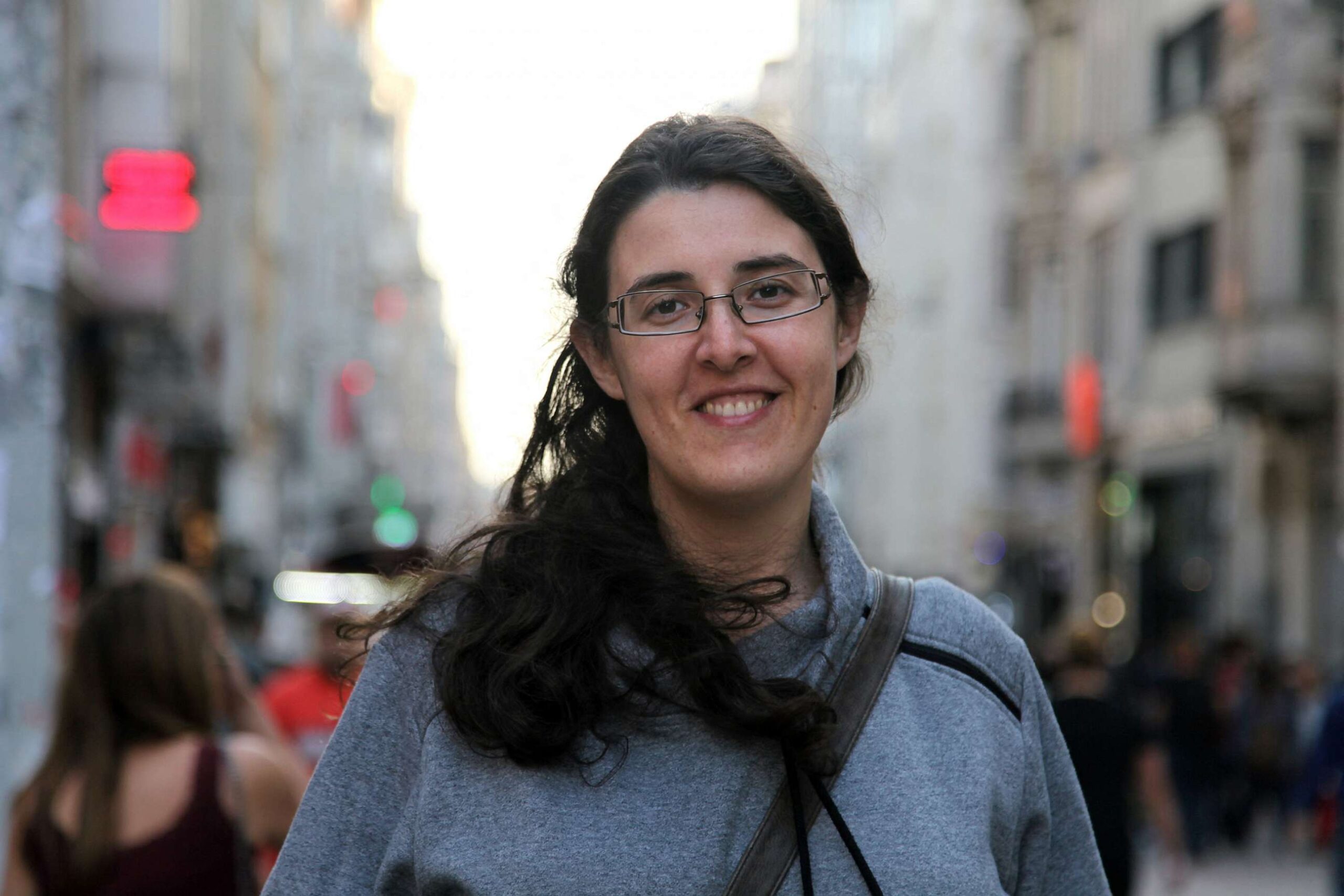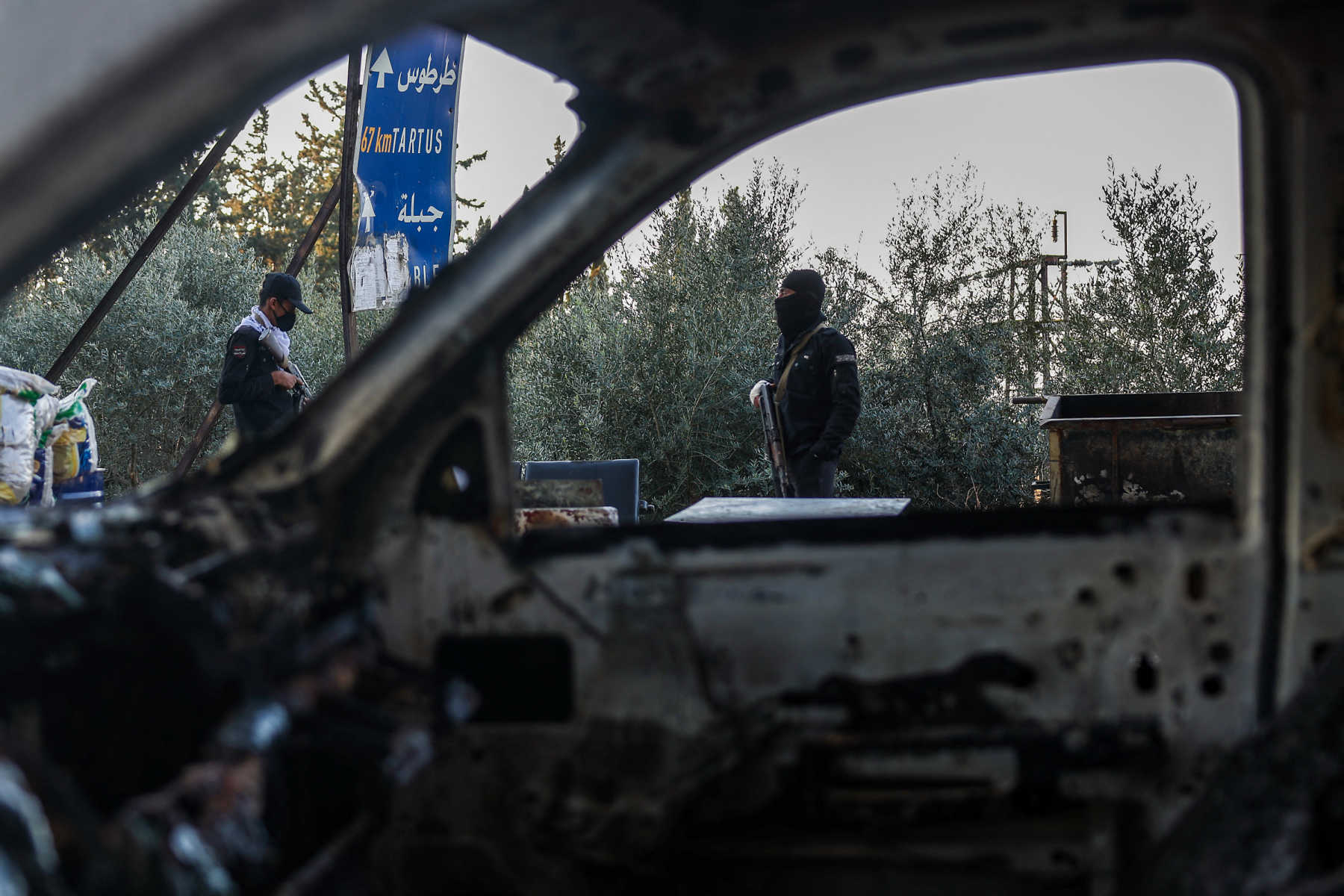Frederick Deknatel is the Executive Editor of Democracy in Exile, the DAWN journal.
It should come as little surprise that Democracy in Exile's most popular articles of the year were all published after Oct. 7. Our three most-read articles of 2023 encapsulate how we have covered the aftermath of Hamas's brutal attack in southern Israel and the ongoing, devastating Israeli war of retaliation in Gaza—by magnifying voices on the ground in Gaza and in Israel.
Israeli human rights lawyer Michael Sfard warned that the "profound shock and outrage in Israeli society over Hamas's massacre" could be "exploited for ethnic cleansing in Gaza," especially since Israel's far-right government includes "elements who do not hide their fantasy of continuing what began in 1948: forcibly expelling the Palestinian population."
Palestinian lawyer Diana Buttu, a former legal advisor to the negotiating team of the Palestine Liberation Organization, reflected on the "routine dehumanization of Palestinians" that began immediately with the news of Hamas's attack, when her phone started ringing non-stop with interview requests from Western media outlets that "rarely call with such urgency when Israel kills Palestinians." Buttu and Sfard are both non-resident fellows at DAWN.
And surgeon Ghassan Abu-Sittah spoke to DAWN from Gaza's besieged Shifa Hospital, warning of Israel's "intentional degradation of the capacity of the health system by targeting hospitals." Abu-Sittah left his home and medical practice in London to go to Gaza to treat Palestinians wounded in the Israeli bombardment, as he has many times before. But as he told Omid Memarian in late October, this time was different: "The numbers and the speed and the ferocity and the intentional destruction of whole neighborhoods—it has all been completely out of proportion to anything."
As this year-end list shows, the Israel-Palestine conflict is as urgent as ever. There is one piece here that was published last year: a stark poem by Mosab Abu-Toha, an acclaimed poet and writer in Gaza who was detained and beaten by Israeli soldiers as he tried to leave for Egypt with his family in November. His poem in Democracy in Exile, "Door on the Road," about a "knocked-down house in the Refugee Camp," may have been written last year, but like all his poetry, it evokes Gaza's ever-present reality.
This is 2023 through the eyes of our readers.
*
1. War Crimes by Hamas Don't Allow Israel to Disregard the Laws of War
By Michael Sfard
"Forced transfer combined with the deprivation of the essential means for survival may lead—in fact, is already leading—to a humanitarian disaster in Gaza on a scale we cannot imagine. … The fear that the profound shock and outrage in Israeli society over Hamas's massacre will be exploited for ethnic cleansing in Gaza should not be waved off."
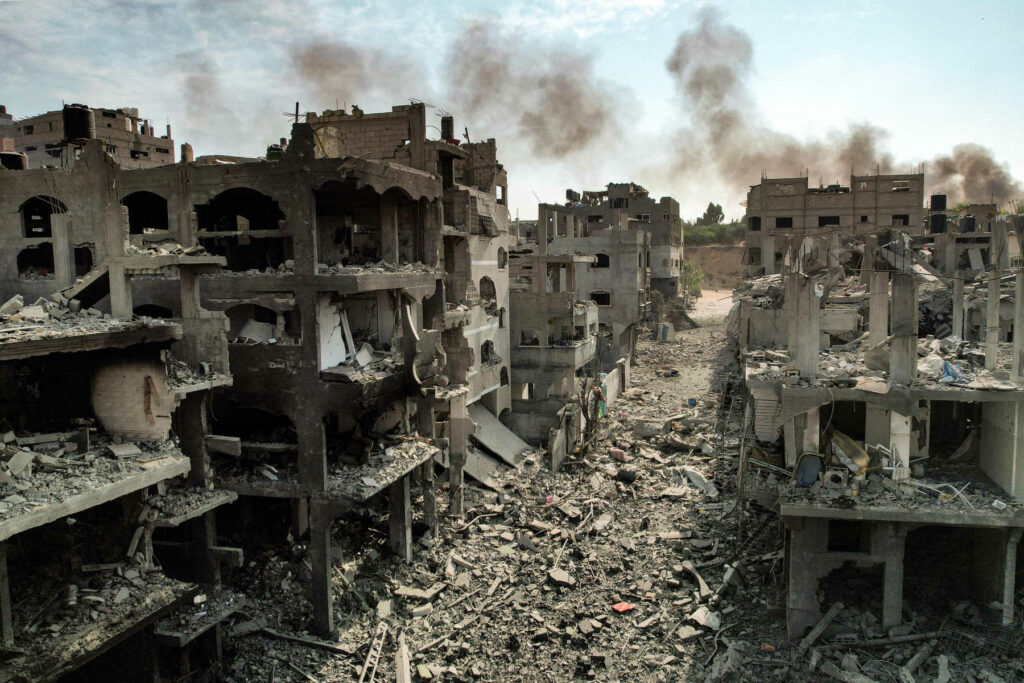
2. Surgeon Ghassan Abu-Sittah on the 'Impending Catastrophe' in Gaza's Hospitals
Interview by Omid Memarian
"The numbers and the speed and the ferocity and the intentional destruction of whole neighborhoods—it has all been completely out of proportion to anything. Maybe the closest thing that happened in the region similar was during the Israeli siege of Beirut in 1982."

3. When Palestinian Lives Are So Dehumanized, Palestinian Suffering Is Normalized
By Diana Buttu
"It immediately became apparent that the lives of Israelis had meaning, while the lives of Palestinians did not. … It is only in a world where Palestinian lives are so dehumanized that Palestinian suffering becomes normalized. And it is only when Palestinians are so dehumanized that the Hamas attack is seen as 'unprovoked'—coming from nowhere."
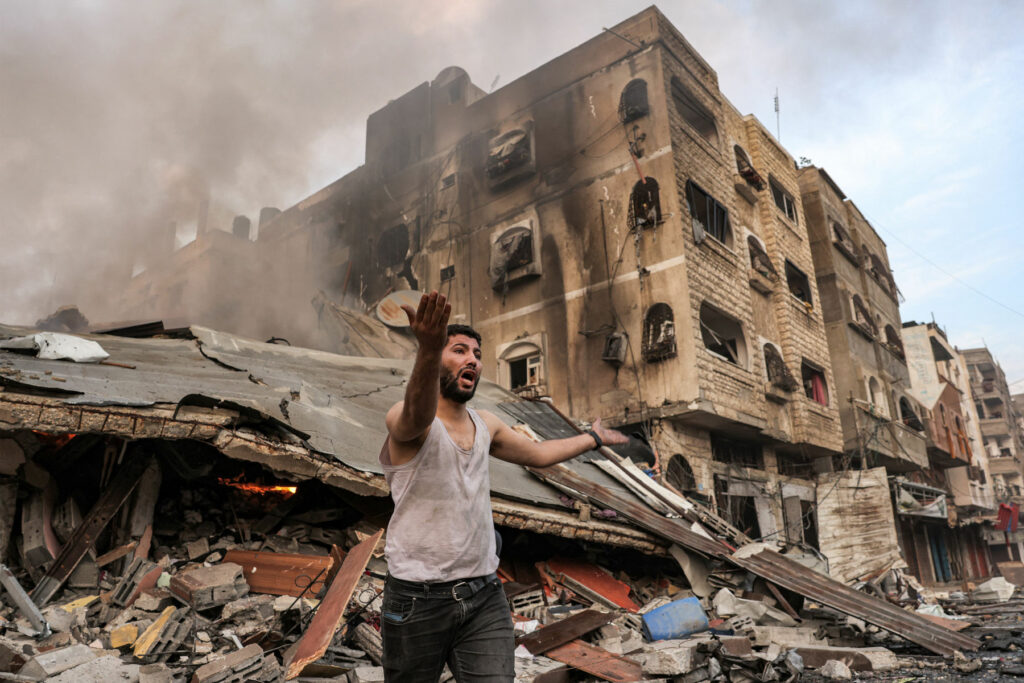
4. Egypt's New Administrative Capital Is Another Desert Folly
By Yasser Elsheshtawy
"The New Administrative Capital is the ultimate expression of the assault on Cairo's urban landscape under Sisi—emptying Egypt's existing capital of its government buildings and institutions, and destroying Cairo's old neighborhoods and urban heritage in the name of "progress.'"
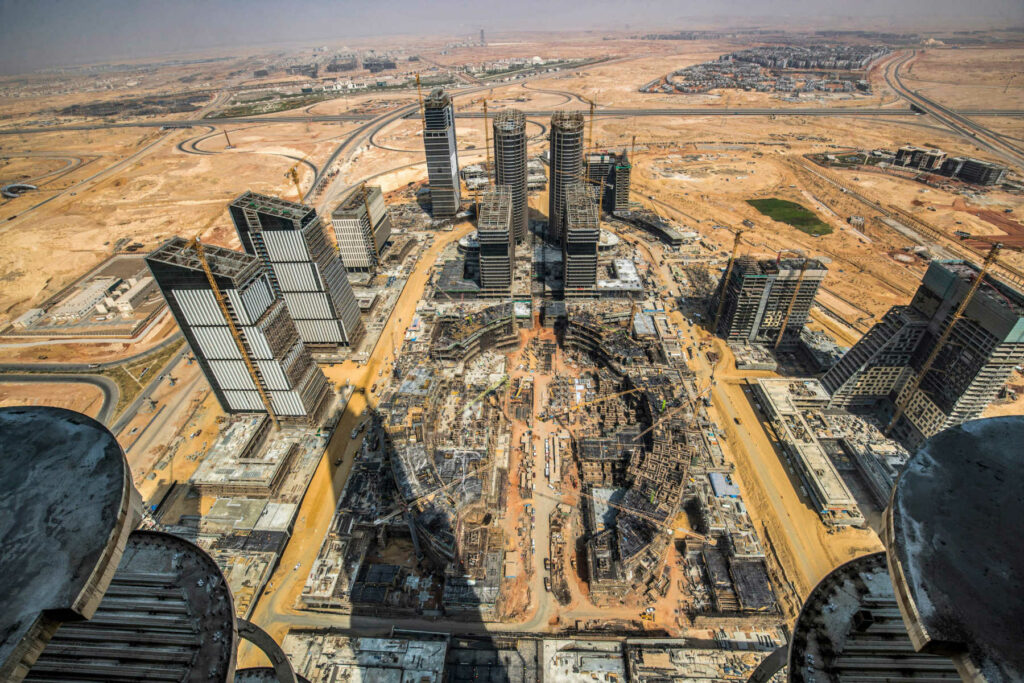
5. Can International Law Prevail in Gaza and Israel?
By Michael Lynk
"There is no human rights crisis or military occupation in the modern world where international law has spoken so frequently and so clearly, primarily through hundreds of United Nations resolutions, as with the Israeli occupation of Palestine. Yet since the origins of the question of Palestine, international law in Palestine has been much closer to power than to justice."
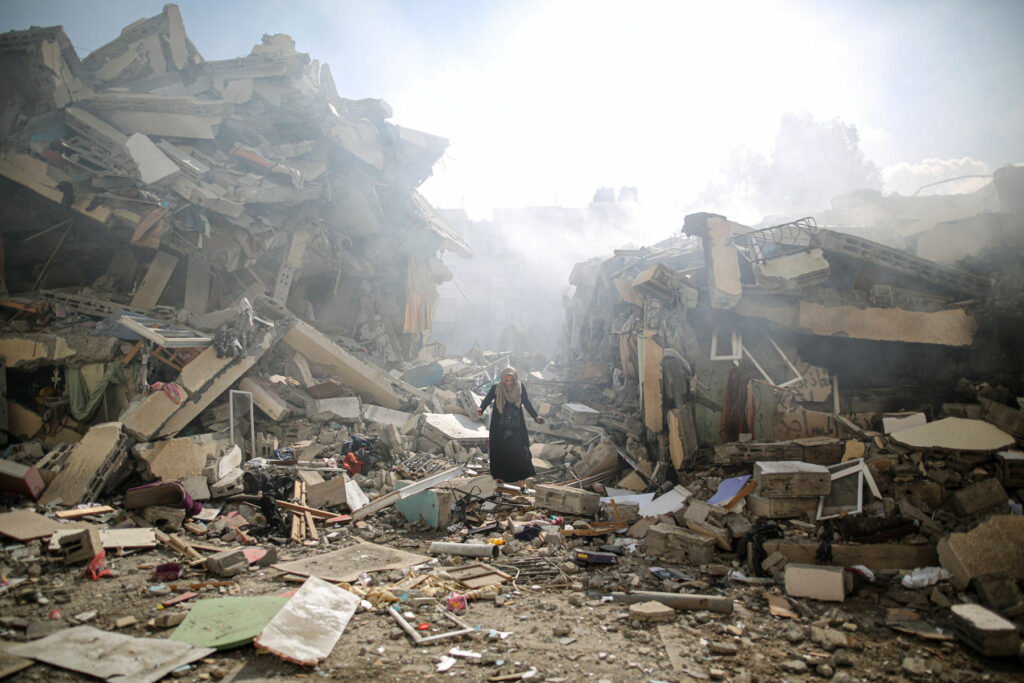
6. Ben-Gvir Is Arming Thousands of Israelis—and Playing With Fire
By Eyal Lurie-Pardes
"Arming thousands of Israelis, including settlers, increases the risk of igniting a nightmare scenario. … By easing the distribution of more guns to Israelis, Ben-Gvir—who is a settler himself—is hoping to boost his militaristic public persona and whip up even more anti-Palestinian hysteria."

7. 50 Years Ago, Saudi Arabia Was the Big Winner of the Yom Kippur War. The U.S. Is Still Paying the Price
By Bruce Riedel
"Every American president since Nixon has courted the Saudis, largely to ensure the smooth flow of oil. But today, Saudi Crown Prince Mohammed bin Salman is again using the 'oil weapon' to keep prices high, helping fuel Russia's war in Ukraine. … Even after Biden's about-face on Saudi Arabia, including visiting the kingdom last summer and fist-bumping with MBS, he has come up empty, in a humiliating repudiation. Yet this isn't the 1970s. And Saudi Arabia may not have the leverage it once had."
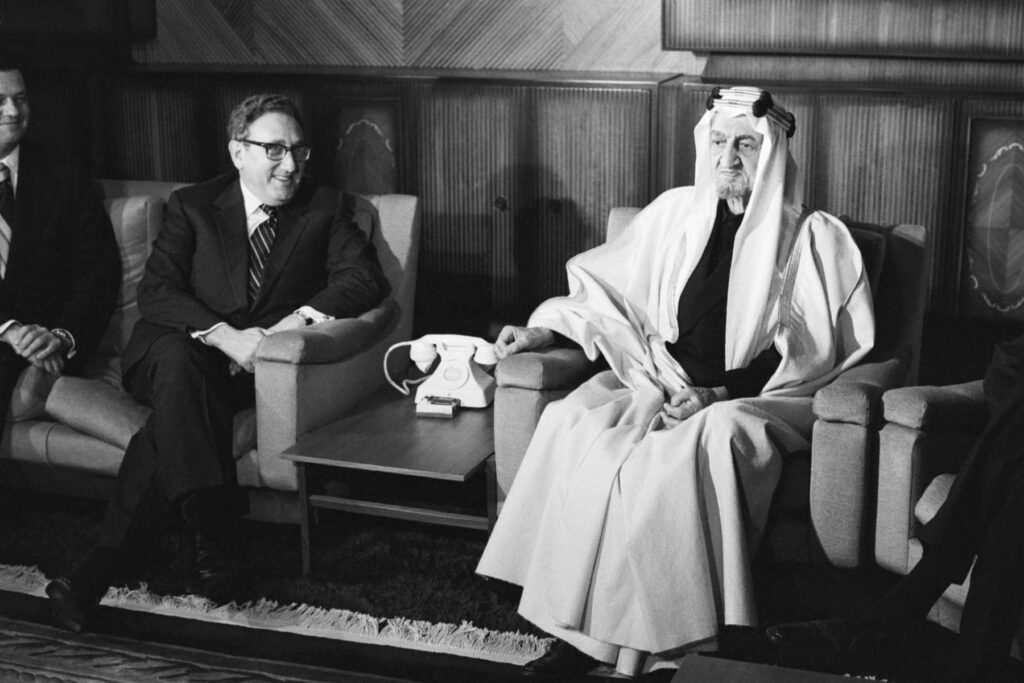
8. 'Door on the Road,' a Poem From Gaza
By Mosab Abu-Toha
In the Refugee Camp,
after the explosion, a door flies into a far street,
rests near a heap of rubble.
Clouds of dust settle on the coughing,
neighboring houses—
their noses swollen by the heat
of the scorched air.
A girl passes by, sees the bleeding door, opens it. A corpse
lies beneath it.
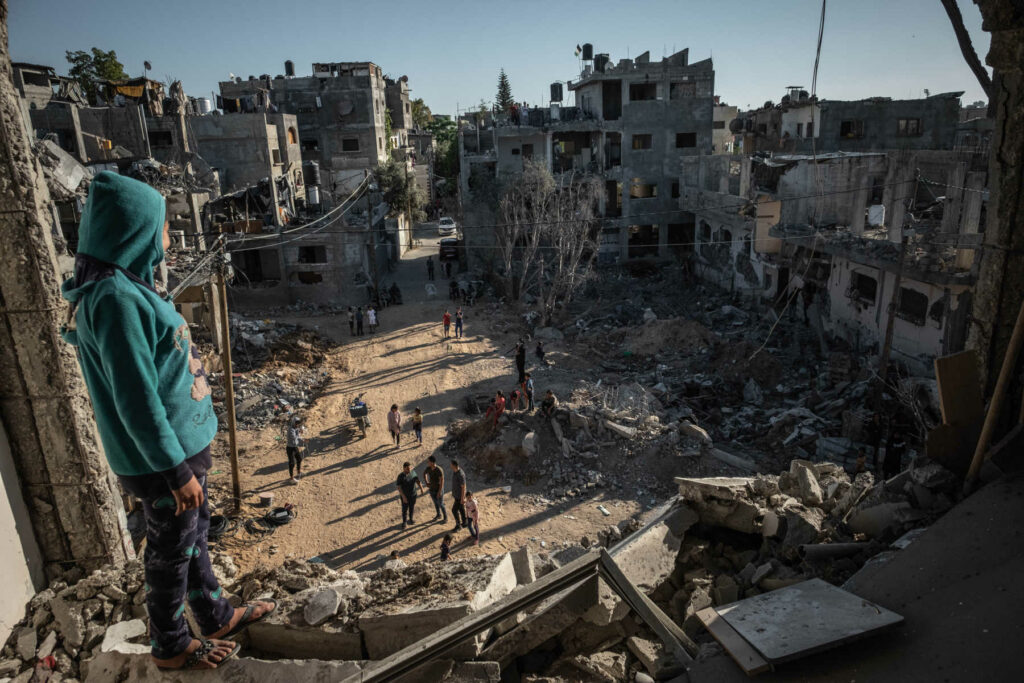
9. Settlements Are the Engine of Israel's 'Forever Occupation'—and a War Crime
By Michael Lynk
"By the time that the final round of negotiations began in Rome in July 1998 to create the International Criminal Court, international law had already decisively accepted that civilian settlement in occupied territory was a war crime. The project in Rome was not to debate or dispel this international legal consensus, as Israel's delegation apparently wanted, but to establish a court to provide accountability for all war crimes."
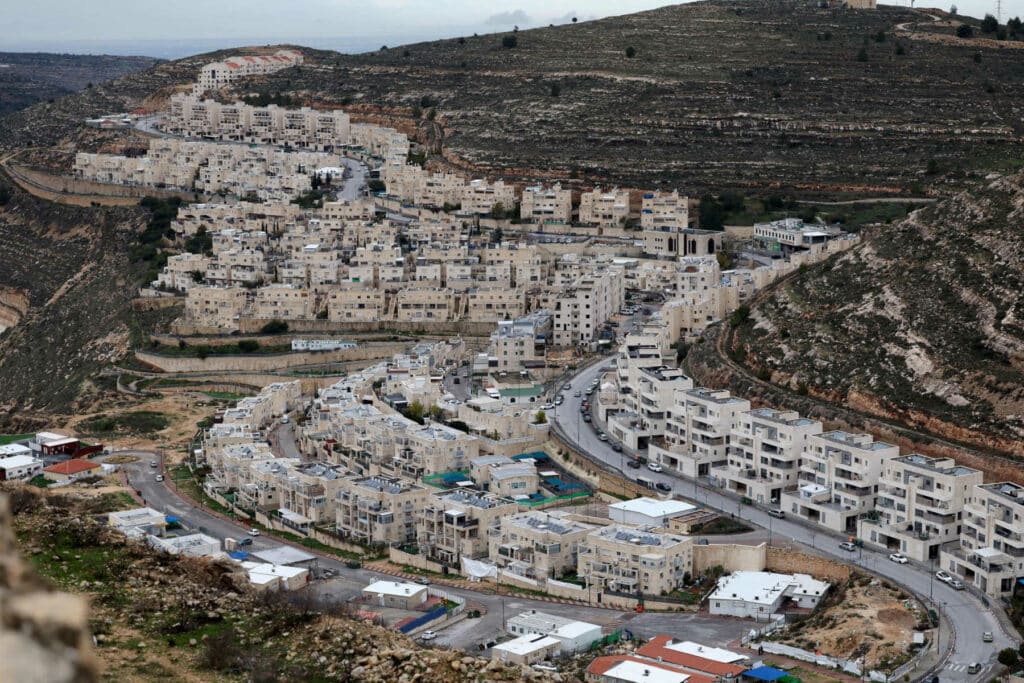
10. Nathan Thrall on the Daily Tragedies of Palestinian Life and Israel's 'Architecture of Segregation'
Interview by Michael Omer-Man
"This place is temporal, especially for Palestinians. It's about not just the theft of land but the theft of time. … This is a moral catastrophe. This is what it feels like to actually be a part of it and be subjected to it and be a victim of it and be a participant in it. And really, that is the ambition of this book—to make people feel what it is to live in this place."
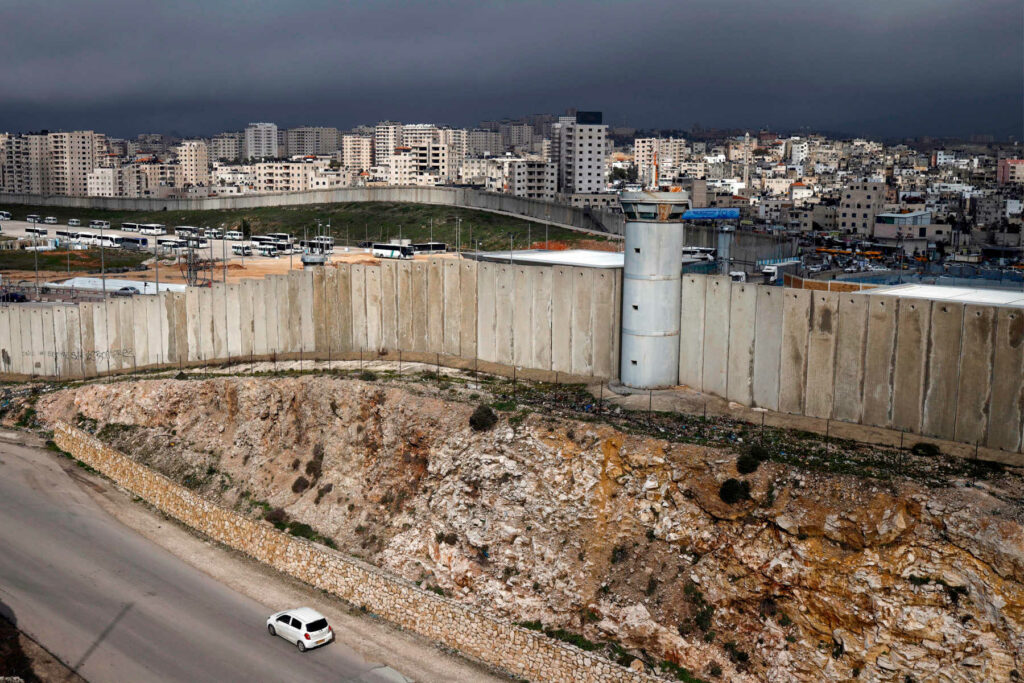
11. Gaza Has Punctured Biden's Illusions About the Middle East
By Mouin Rabbani
"To put it bluntly, the United States is an active and complicit partner in Gaza's killing fields, and judging by official statements coming out of Washington, the Biden administration is proud, even boastful of its role. … Yet America's unconditional support of Israel nevertheless masks an important development that has received insufficient attention: a collapse in U.S. confidence in the Israeli political and military leadership, and with it a collapse in U.S. confidence in Israel's military and intelligence capabilities."
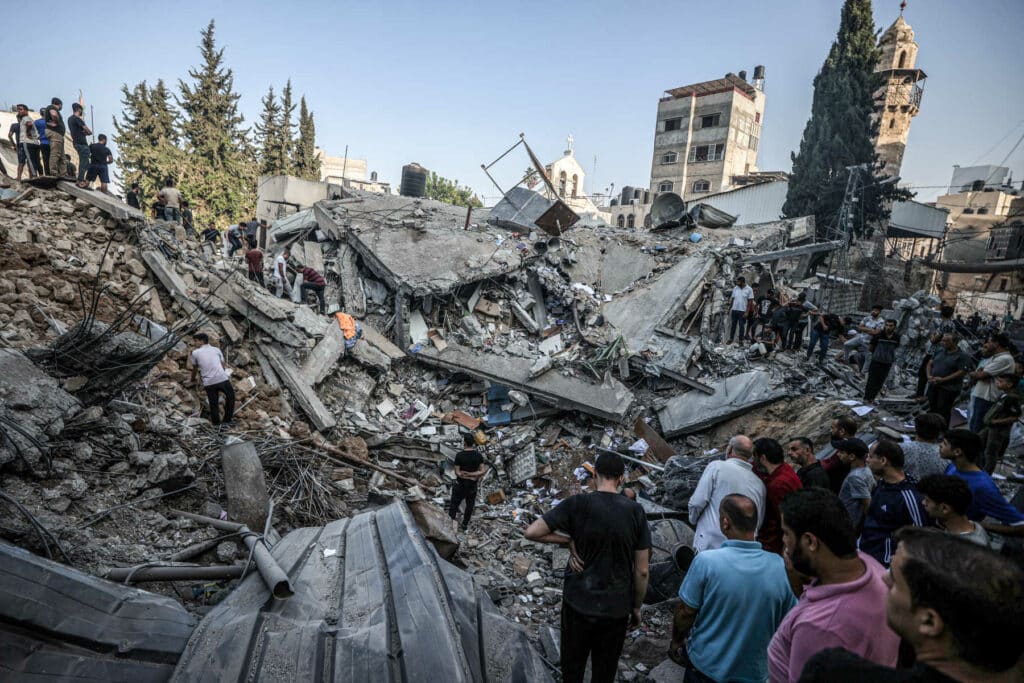
12. What I Saw in Jenin After Israel's Largest West Bank Raid in 20 Years
By Diana Buttu
"When pulling out of Jenin, the Israeli army claimed that it had achieved its military objectives. Of course, it had not. But it achieved other objectives: terrorizing another generation of Palestinian children; destroying the camp's infrastructure and forcing an already cash-strapped UNRWA to find ways to rebuild the camp once again. 'We know they will come back,' one resident told me. 'It is only a matter of time before they completely erase us—we are the last reminders of the Nakba.'"
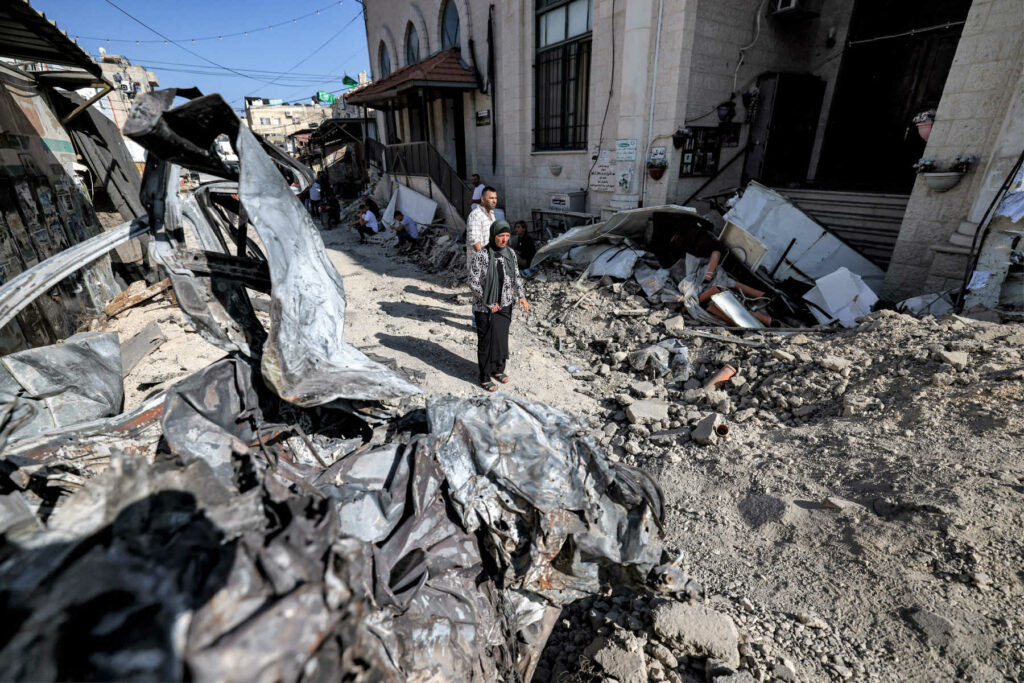
13. Denying the Nakba, 75 Years Later: A Democracy in Exile Roundtable
With Diana Buttu, Michael Omer-Man, Yael Berda, Yara M. Asi, Khaled Elgindy, Joel Beinin, Michael Lynk, Nur Arafeh, Amjad Iraqi, Daoud Kuttab, Eitan Bronstein, and Rami G. Khouri.
"The mythology around Israel's establishment is an exercise in colonial imagination—and out of ideological fervor or strategic calculus, Western policymakers have vicariously lived through and actively abetted that fantasy. To this day, Palestinians are told that any sense of belonging to their land is nothing compared to 2,000 years of Jewish yearning; that any suffering they endured is incomparable to the horrors of the Holocaust; and that any future they envision comes second to Zionism's aspirations."
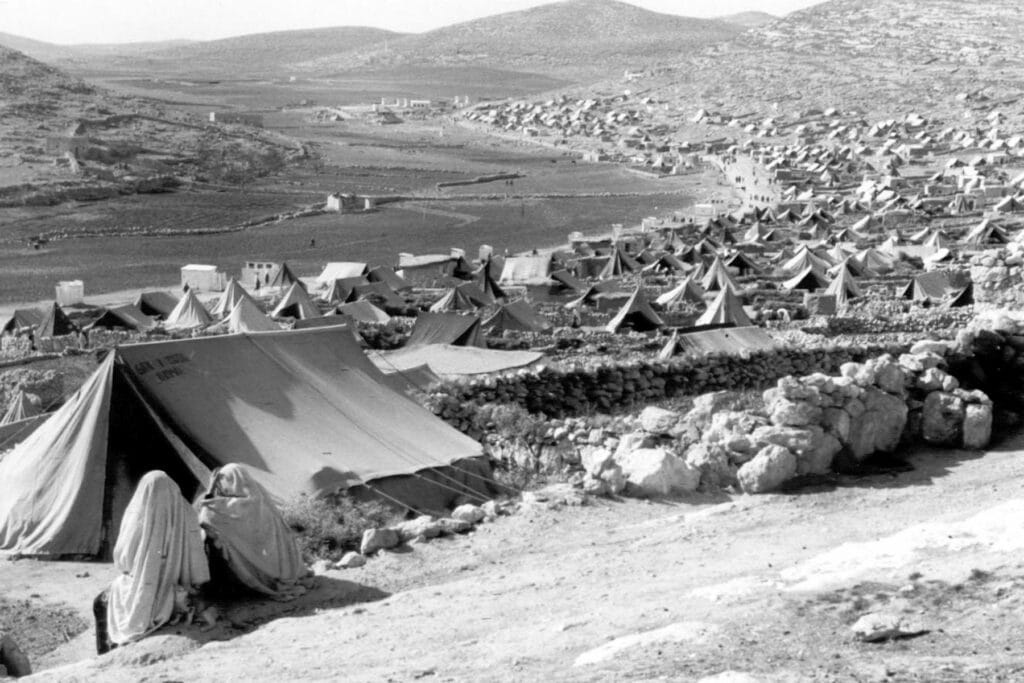
14. The Many Enablers of Saied's Dictatorship in Tunisia
By Tarek Megerisi
"As the old African proverb goes, it takes a village to raise a child, and so too does it take a community of state institutions, local supporters and international enablers to raise a dictatorship. … If the disappointment and desperation of the many helped Saied's dictatorship take root, then it was the blinkered opportunism and greed of a few that let it bloom."
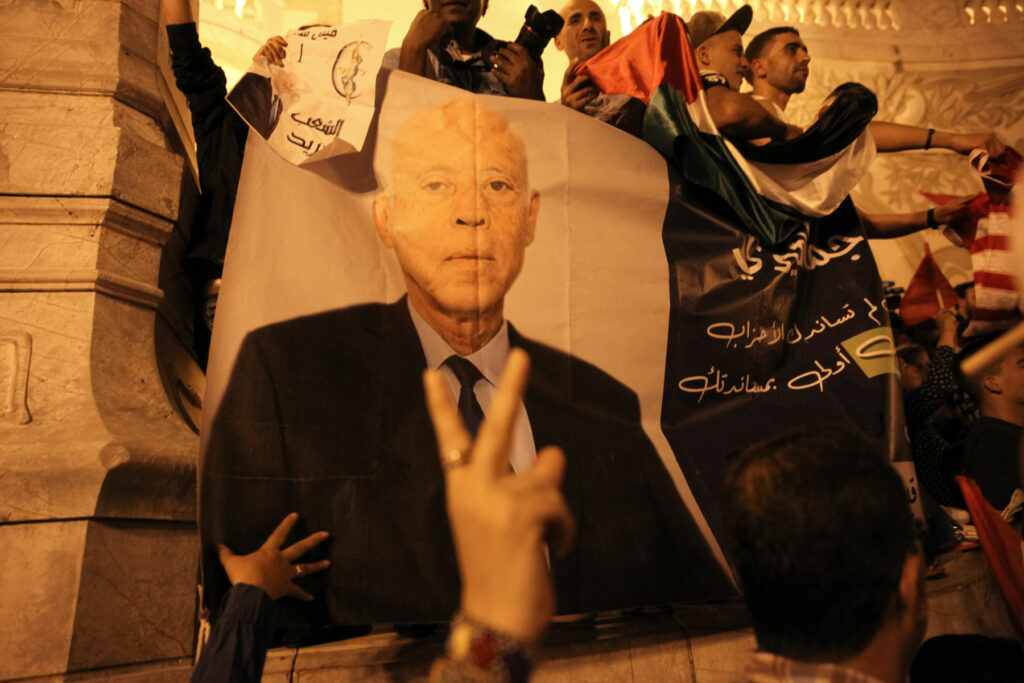
15. Eden Knight's Death Is an All-Too Familiar Story for Transgender Saudis
By Nora Noralla
"The story of Eden Knight not only reflects the abuse that transgender people face in Saudi society, but how they are not safe from that abuse even when they are in another country. Her death should force LGBTQ activists in Western countries, and Western governments themselves, to find new ways of supporting and protecting transgender Saudis abroad. While keeping her memory alive and demanding justice for her death, more must be done to prevent another Eden."
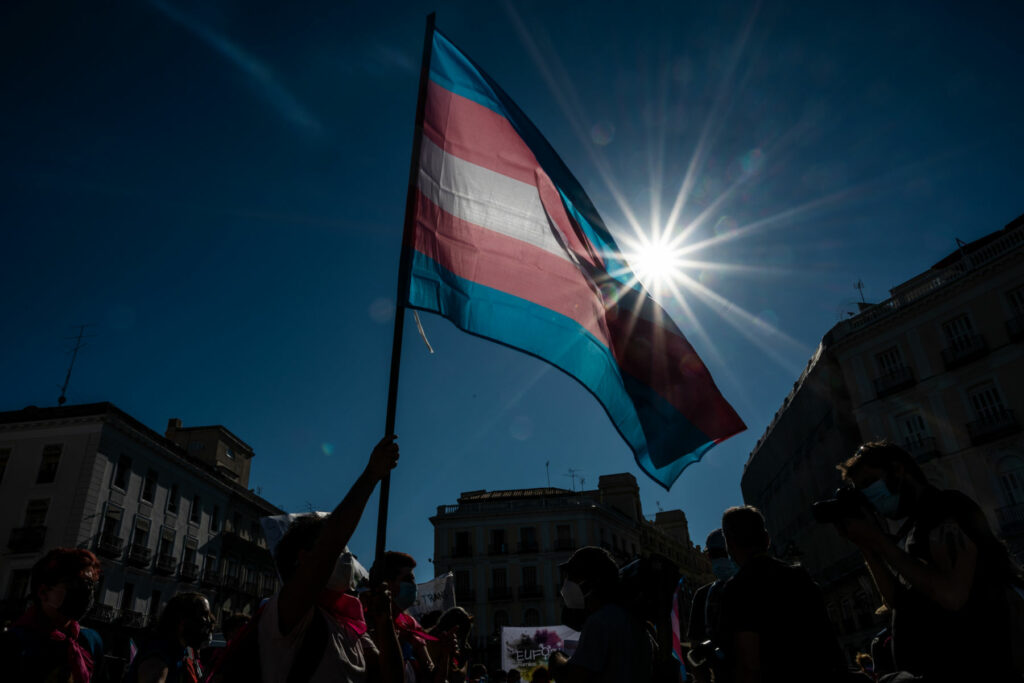

















![Security forces loyal to the interim Syrian government stand guard at a checkpoint previously held by supporters of deposed president Bashar al-Assad, in the town of Hmeimim, in the coastal province of Latakia, on March 11, 2025. Syria's new authorities announced on March 10, the end of an operation against loyalists of deposed president Bashar al-Assad, after a war monitor reported more than 1,000 civilians killed in the worst violence since his overthrow. The Syrian Observatory for Human Rights said the overwhelming majority of the 1,068 civilians killed since March 6, were members of the Alawite minority who were executed by the security forces or allied groups. (Photo by OMAR HAJ KADOUR / AFP) / “The erroneous mention[s] appearing in the metadata of this photo by OMAR HAJ KADOUR has been modified in AFP systems in the following manner: [Hmeimim] instead of [Ayn Shiqaq]. Please immediately remove the erroneous mention[s] from all your online services and delete it (them) from your servers. If you have been authorized by AFP to distribute it (them) to third parties, please ensure that the same actions are carried out by them. Failure to promptly comply with these instructions will entail liability on your part for any continued or post notification usage. Therefore we thank you very much for all your attention and prompt action. We are sorry for the inconvenience this notification may cause and remain at your disposal for any further information you may require.”](https://dawnmena.org/wp-content/uploads/2025/04/syria-22039885951-350x250.jpg)











![Security forces loyal to the interim Syrian government stand guard at a checkpoint previously held by supporters of deposed president Bashar al-Assad, in the town of Hmeimim, in the coastal province of Latakia, on March 11, 2025. Syria's new authorities announced on March 10, the end of an operation against loyalists of deposed president Bashar al-Assad, after a war monitor reported more than 1,000 civilians killed in the worst violence since his overthrow. The Syrian Observatory for Human Rights said the overwhelming majority of the 1,068 civilians killed since March 6, were members of the Alawite minority who were executed by the security forces or allied groups. (Photo by OMAR HAJ KADOUR / AFP) / “The erroneous mention[s] appearing in the metadata of this photo by OMAR HAJ KADOUR has been modified in AFP systems in the following manner: [Hmeimim] instead of [Ayn Shiqaq]. Please immediately remove the erroneous mention[s] from all your online services and delete it (them) from your servers. If you have been authorized by AFP to distribute it (them) to third parties, please ensure that the same actions are carried out by them. Failure to promptly comply with these instructions will entail liability on your part for any continued or post notification usage. Therefore we thank you very much for all your attention and prompt action. We are sorry for the inconvenience this notification may cause and remain at your disposal for any further information you may require.”](https://dawnmena.org/wp-content/uploads/2025/04/syria-22039885951-360x180.jpg)





